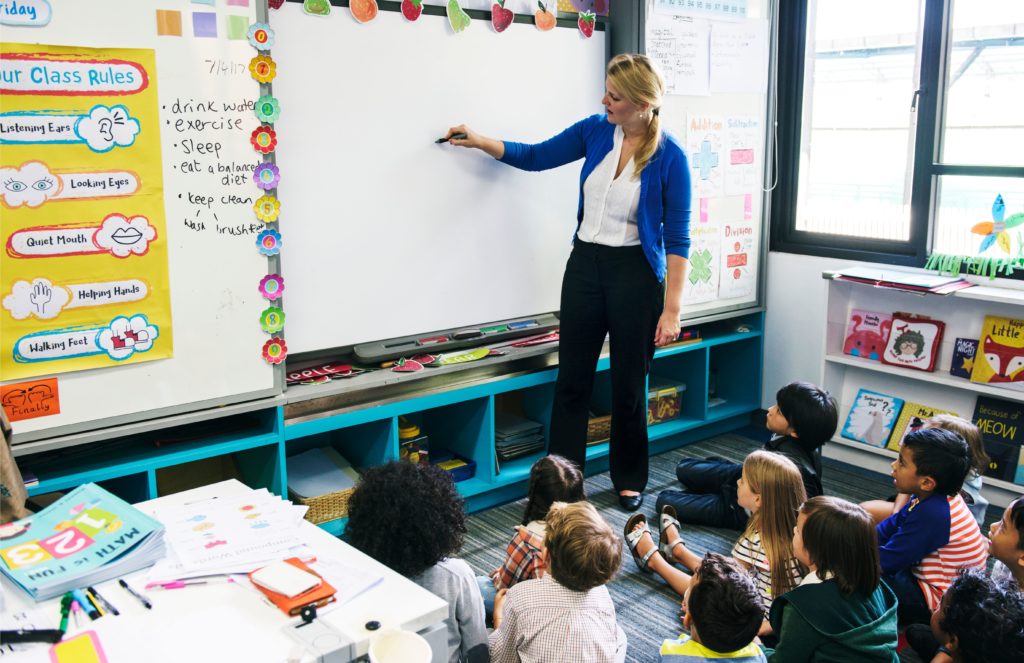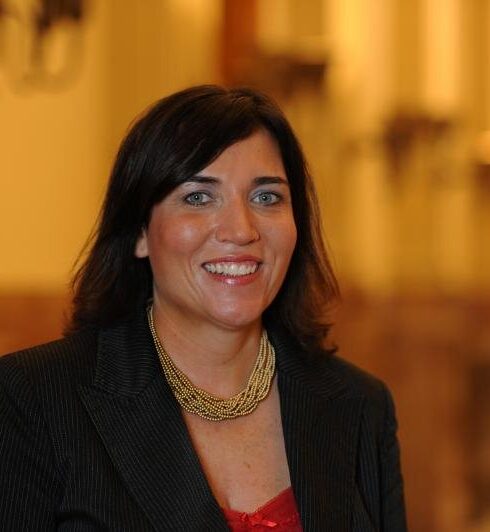THE NEED FOR PRESCHOOL HAS NEVER BEEN GREATER, AND NEVER HARDER FOR STRUGGLING FAMILIES TO GET

By Carina Julig
After achieving his goal of making all-day free kindergarten a reality for Colorado’s kids, Gov. Jared Polis set his sights on increasing access to preschool as well, a goal that was overshadowed for many months by the challenges of the pandemic. But a new department specifically focused on early childhood is slated to open in 2022, with a universal preschool program coming in 2023.

The Colorado Department of Early Childhood was approved by voters in 2020 with the passage of Proposition EE, a tax on nicotine and vaping products that would dedicate funding toward establishing a universal preschool program. Aurora state Sen. Rhonda Fields was one of the legislators who sponsored the bill putting Prop. EE on the ballot. Polis held an event on Nov. 3 2021, the first anniversary of Prop EE’s passage, at the Meadowood Child Development Center in Aurora Public Schools to celebrate the progress made towards the department of education’s creation.
“Access to quality education and child care is so important for families and to ensure all children have great educational opportunities,” Polis’ office said in a statement to the Sentinel. “With the creation of the Department of Early Childhood, Colorado is full steam ahead on implementing free preschool and other long-awaited innovations to make child care and education affordable for all families. The Department of Early Childhood is a historic step forward to provide universal, free early childhood education, make the system easier to navigate for parents and providers, and to give every child, and their family, the opportunity to thrive. This new plan is a key step to make this a reality as we prepare for voter-approved funding for all 4-year-olds in fall of 2023.”

The state’s Early Childhood Leadership Commission formed a group that put together a transition plan for the new department, which was published and formally approved by the commission in November. It will next go to the legislature for final approval before the department formally opens on July 1 2022. A similar plan specifically for free preschool is also being compiled and will be published in January. The Department of Early Childhood will be responsible for overseeing the preschool program, which aims to voluntarily provide 10 hours of free, high-quality preschool every week to all 4-year-olds in the state. Preschool would be opt-in for families and would be delivered through a range of providers, including school districts, community-based centers and other facilities. The commission, formed in 2010 for the purpose of advising the governor’s office, recommended the creation of a new department after the passage of Prop EE. Pamela Harris, president and CEO of Mile High Early Learning and one of the ECLC’s three co-chairs, said that the goal of the new department is to streamline services and make them as accessible as possible for Colorado’s families. “It seemed like an amazing opportunity to think about early childhood on a broader scale,” she said. There is a significant unmet need for preschool in the state, Harris said, with the majority of 3 and 4 year olds not in preschool. Many areas of the state, including much of East Colfax Avenue in Aurora and the Elyria-Swansea neighborhood in Denver are “child care deserts.”

The pandemic widened the problem, with about 10% of the state’s child care facilities closing since it began, she said. That means that many parents, especially mothers, are having to cut back on work hours because they don’t have childcare for their kids, further straining the labor shortages prevalent in many industries today, experts say. The Colorado Children’s Campaign estimates that about 64% of Colorado families had to alter their child care plans due to the pandemic, and one-third said that they did not have the amount of child care that they needed, a percentage that increased among low-income households. Part of the problem is that preschool is both expensive for families but also often low-paying for its employees, due to its time and labor-intensive nature. The U.S. Treasury Department noted in a September report that child care workers earn on average $24,230. More than 15% of the industry’s workers live below the poverty line in 41 states and half need public assistance. The sector has high levels of turnover, with 26% to 40% leaving their job each year. Nor is there much room to give among child care centers that tend to operate on profits of 1% or less. “It’s kind of a paradox,” Harris said. “We don’t pay teachers enough but what we do pay ends up being very costly for families to access. And that’s part of why I believe the government needs to be supporting early childhood education and that’s what Gov. Polis has done.”





